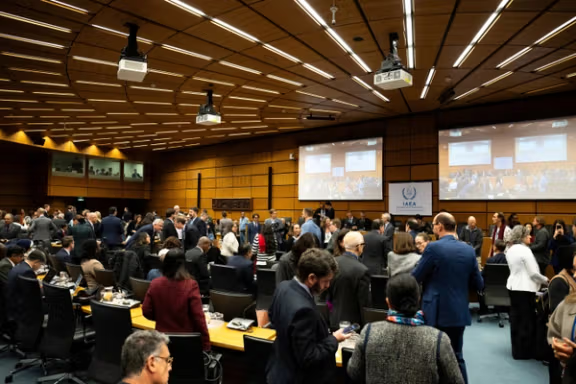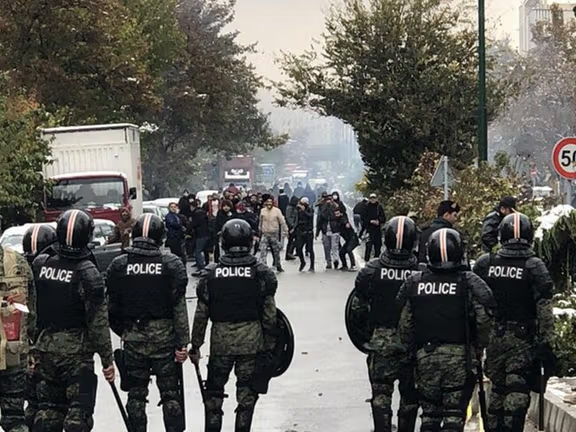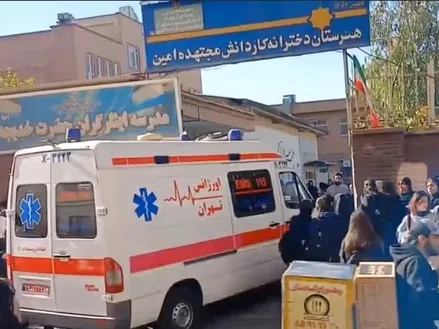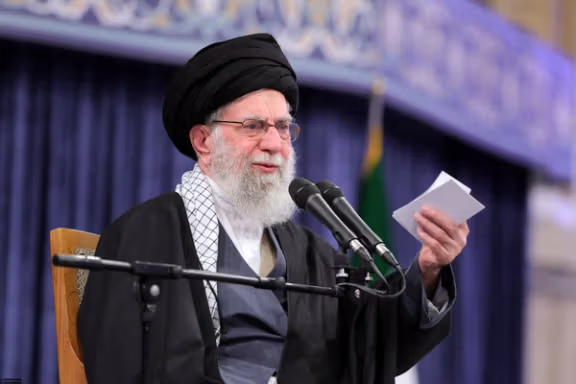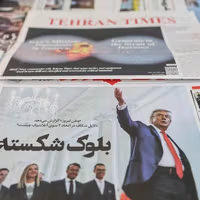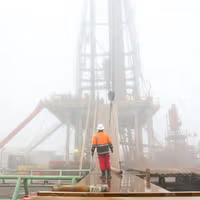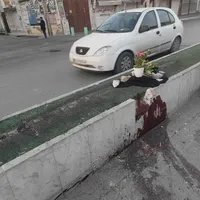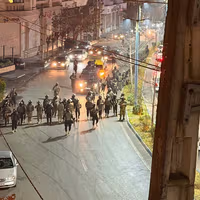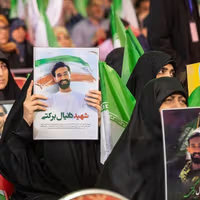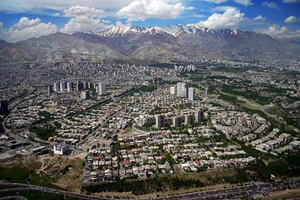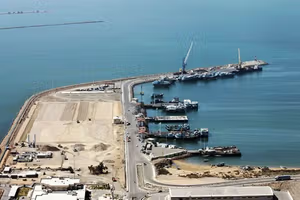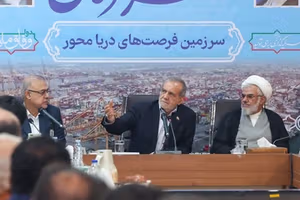In a series of video, audio, and text messages, the students at the school recalled the events and how it started due to very aggressive body and backpack searches at the school.
“A significant number of students' mobile phones were thrown to the ground, and some were broken. A photography camera belonging to the photographic arts department was also destroyed,” an eyewitness said.
“Items such as perfume, body splash, and other personal belongings that are not legally prohibited were confiscated,” said another.
'Verbal threat'
One of the eyewitnesses said the whole ordeal had been “physically violent” and with some extreme “threatening tone.”
“They pushed students, shouted at them, and used physical force, causing intense fear and emotional distress,” one student said. “The principal even told one student: ‘We'll hang you so the others could see.’”
Another eyewitness said the aggressive behavior of the principal was not limited to the students but was directed at vice-principals and other staff at the school.
“The principal behaved inappropriately, insultingly, and aggressively toward vice principals and teachers, further escalating tension and disorder in the school.”
'Help needed'
At that point, chaos erupted and some of the girls at the school reacted differently to the chain of events.
“Several students fainted, experienced shortness of breath, heart problems, severe trembling, anxiety, and critical conditions,” one student said. “The school environment became completely chaotic, with widespread screaming, crying, and panic among the students.”
One eyewitness said that while some students were becoming unwell and fainting, crying, suffering panic attacks, loss of consciousness, and breathing difficulties—the principal refused to allow calls to parents, claiming the students were "putting on an act."
Then the students managed to call for urgent care themselves, but the school blocked entry and stopped anyone from coming in.
“When emergency services, education department representatives, and police arrived, the principal refused to open the gate, attempting to alter the situation inside the school and make the scene appear normal before allowing entry,” one student said.
There has been no official reaction to the incident that happened at “Mojtaheda Amin” girls' technical school in Shahr-e Rey, south of Tehran on Tuesday. At least three girls aged 15 -17 were hospitalized with severe injuries.
Videos shared by eyewitnesses show some angry students at the principal’s door, calling her to come out and face the students, but no one came out of the office.
The case follows earlier incidents this year, including the suicide of a 12-year-old student in Shiraz in October and the death of a 14-year-old in Zanjan in August after punishment at school, which have intensified concern about violence and a lack of accountability in Iran’s education system.

